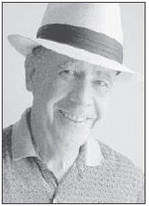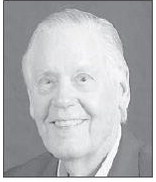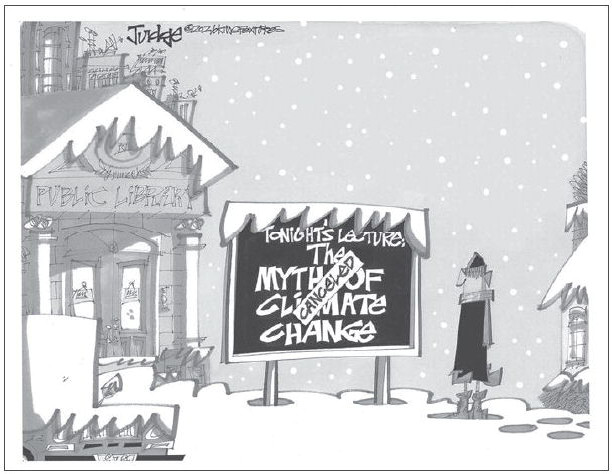Old English Vocabulary


What’s that? There are generational changes in English vocabulary without knowing why. People who never saw an antique wall phone will still “hang up the phone.”
Today we don’t hang up anything. We just push a button to end a call, but there was a time.
The old antique phones had a microphone attached to the wooden case of the telephone. There was a receiver hung from a hook on the side of the case that connected to the innards via a wire. You ended the call by hanging the receiver back on the hook.
If the receiver was off the hook, you couldn’t receive a call.
There used to be men called “drifters” who seemed to have no home.
The film “Picnic” starred William Holden and Kim Novak, in which a small Kansas town was rattled when Holden, as Hal Carter, drifted into town and upset everything on Labor Day Weekend.
There were seasonal workers who followed harvests from south to north and went home as the last northern crops were harvested.
There were also men who lived on the go, jumping on moving trains for transportation, sleeping in small camps called “hobo camps” or “jungles.”
It is illegal to hop aboard, or steal a ride, on a train. The railroads had their own police force called “bulls” who enforced by physical force.
Even small communities had hobo camps. They were often on the edge of town, out of the way, away from schools, easily accessible to rail lines.
Hobo Stew got its name from tossing whatever you have into a pot, so that if a hobo scored a can of vegetables, it was shared in a pot of stew.
Hobos were eager to do little jobs or split wood in exchange for a meal. They always appeared at the back door with hat in hand, but they already knew who was agreeable to help a hobo by performing a small job for a slice of pie.
There was a system of marking sidewalks or a mailbox with a piece of chalk or coal in a code known to all hobos.
Some signs might indicate a good place to camp, “kind-hearted woman,” or a “mean dog.”
There was a hobo code of conduct requiring hobos to be willing to work and help fellow hobos.
Hobos had their own vocabulary: beans were bullets, California blankets were newspapers, “cover with the moon” means sleep under the stars, catch the westbound train means “die.”
On my first Halloween in a costume, my mom sewed temporary patches on my jeans, smudged my face with burnt cork and turned me into a hobo.
I won first prize, a box of candy. I gave it to my mother.
joenphillips@yahoo.com







